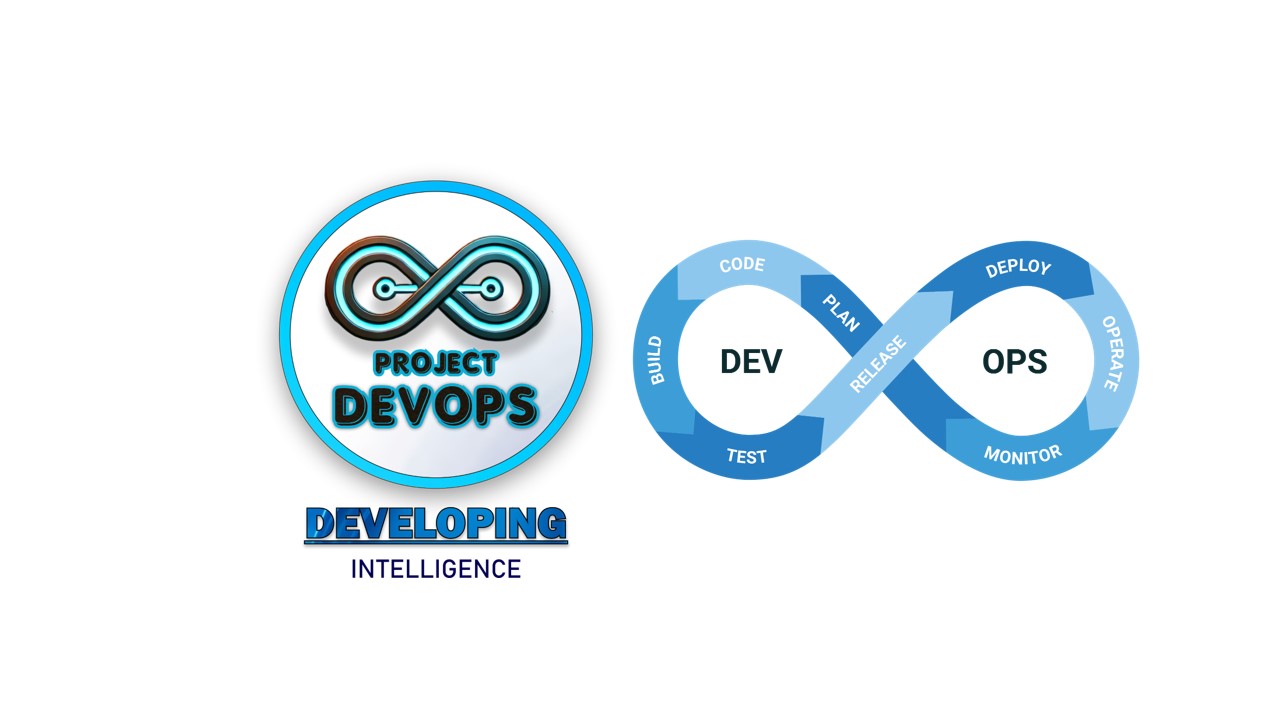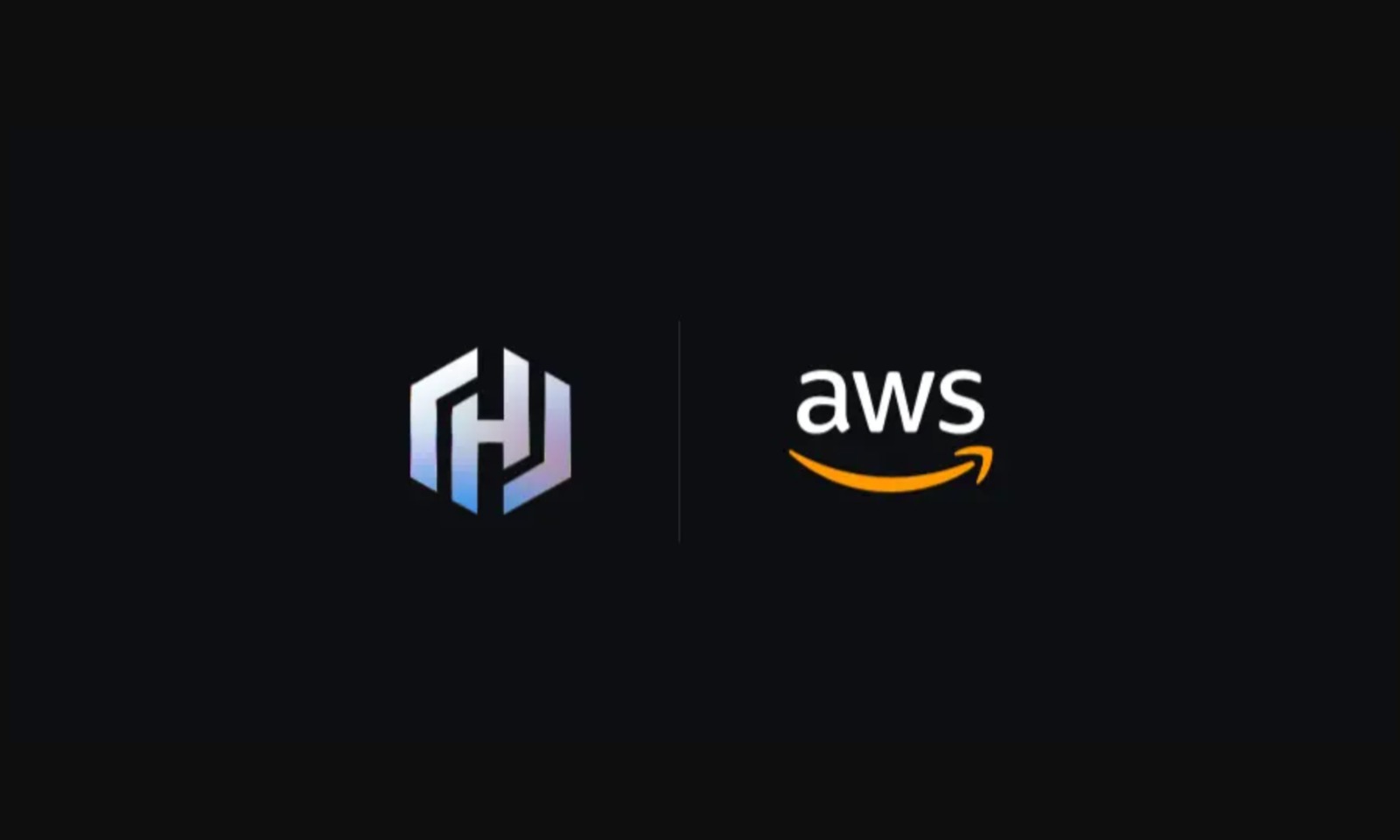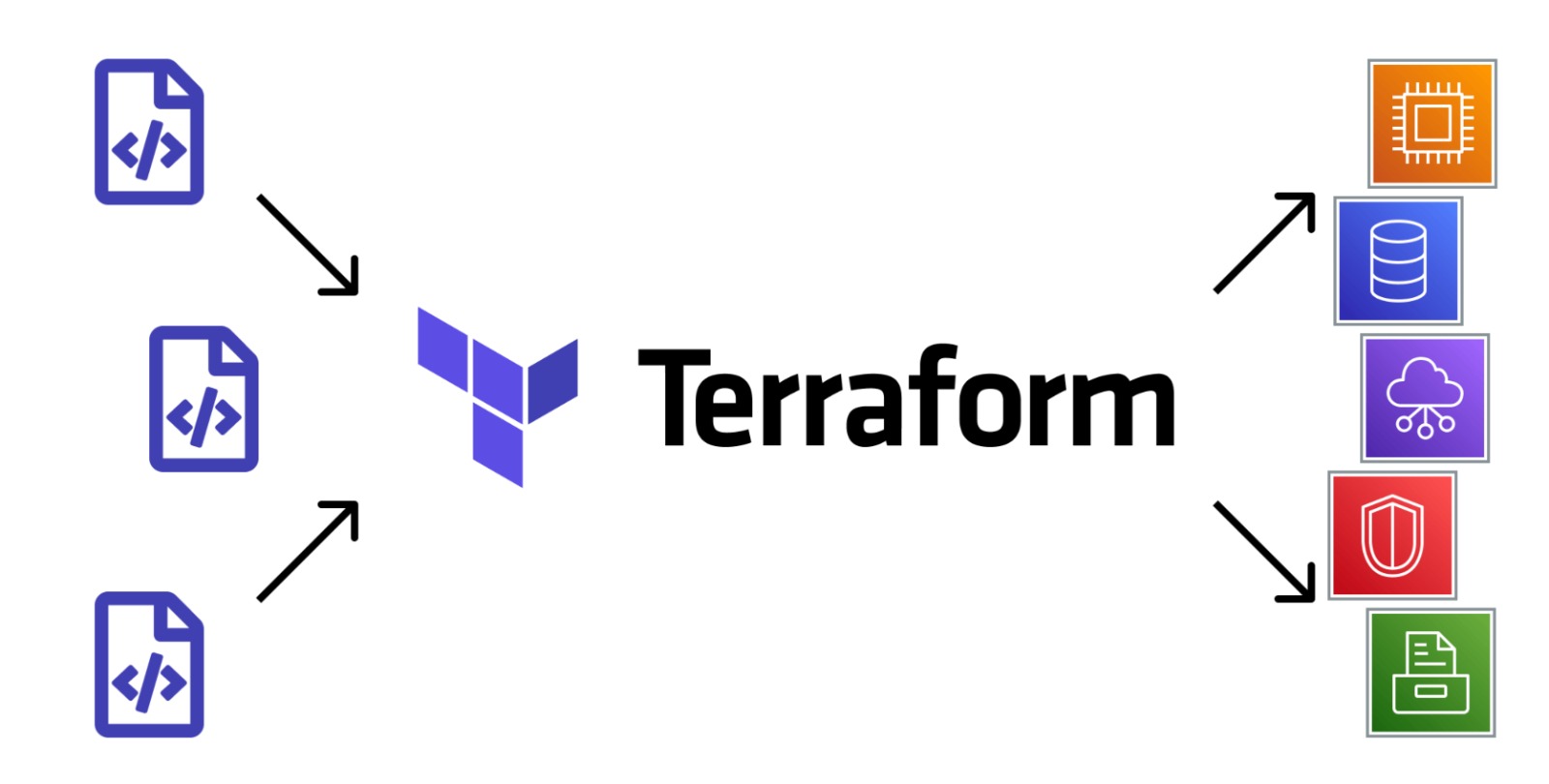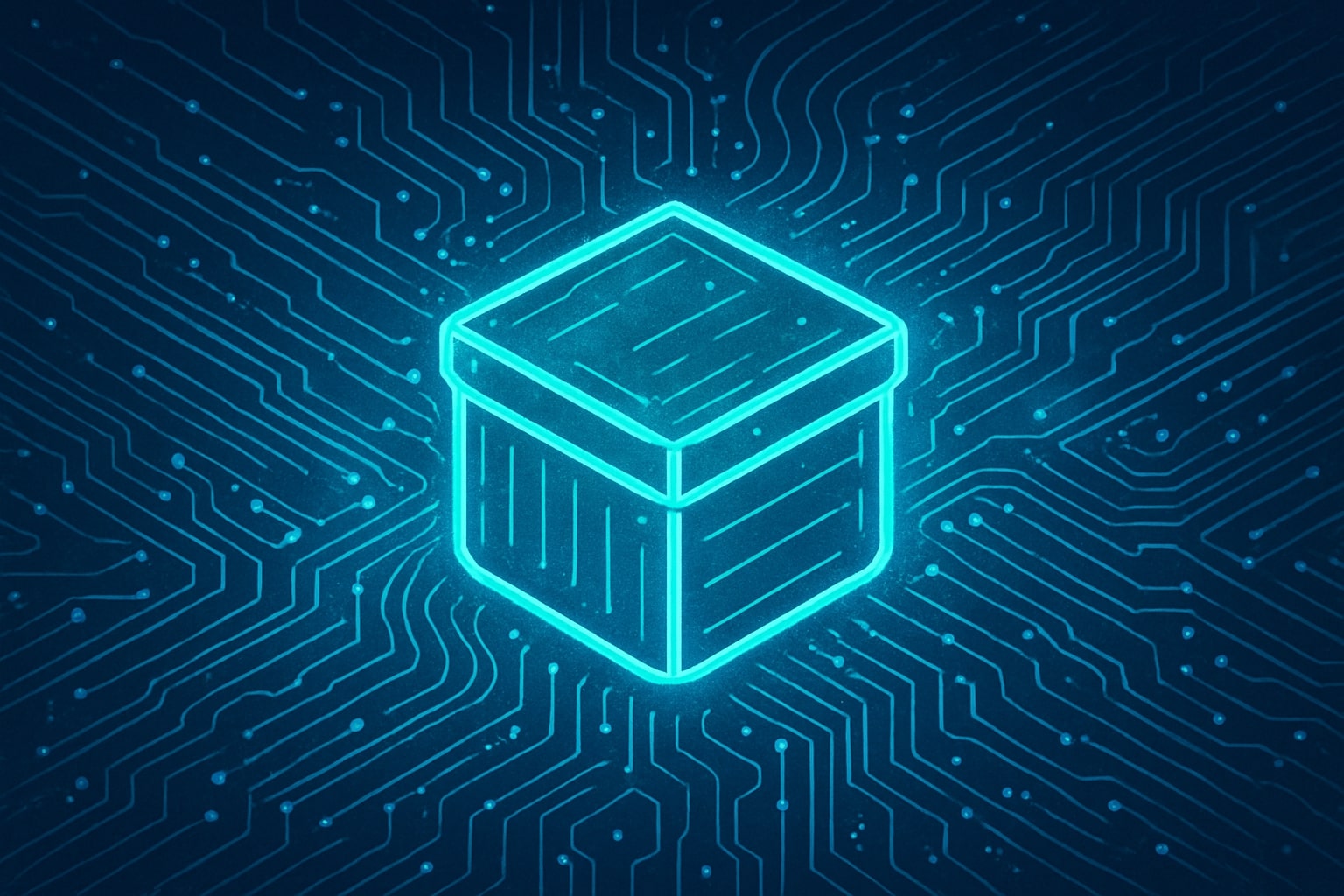How AI is Helping DevOps Engineers : Without Replacing Them
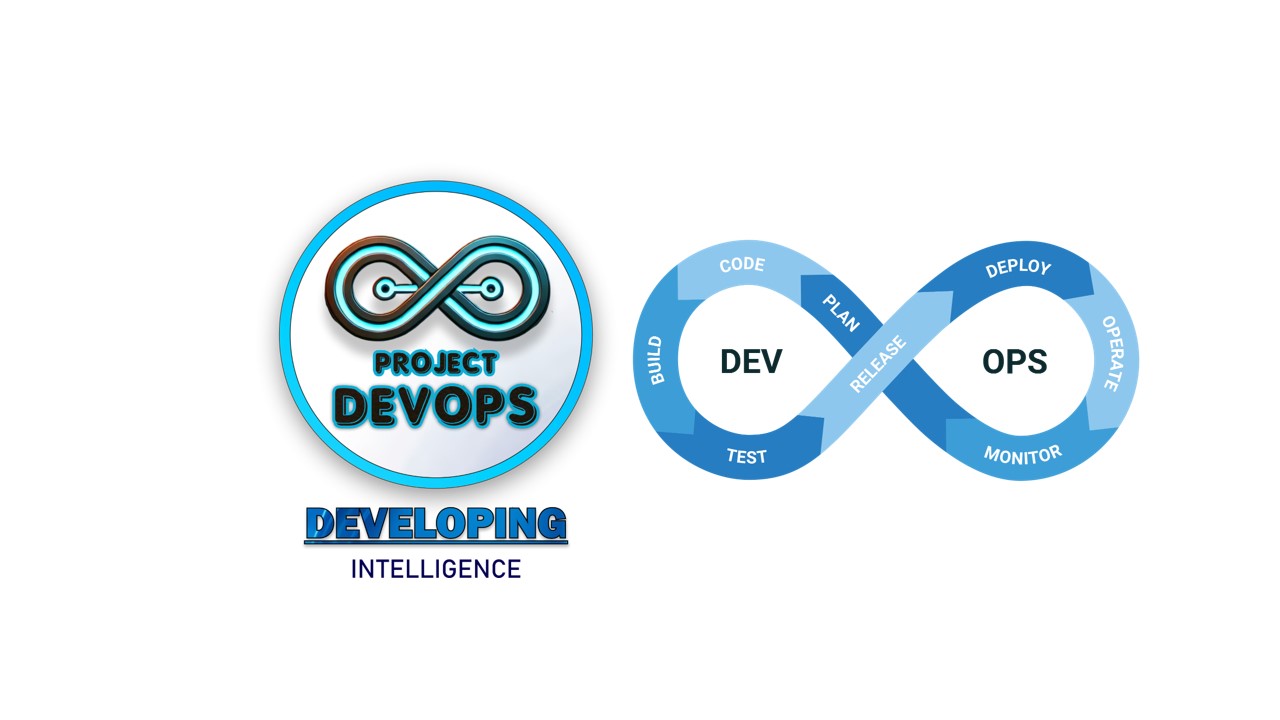
In today’s fast-moving technology landscape, DevOps engineers sit at the center of software delivery—bridging developers, operations, and business goals. With the rise of Artificial Intelligence (AI), many wonder: will AI replace DevOps engineers? The truth is, AI is becoming a powerful assistant, not a replacement. It helps engineers work smarter, faster, and more reliably.
How AI is Transforming DevOps
1. Automated Monitoring & Alerting
AI-powered monitoring tools (like Datadog AIOps, New Relic, or Dynatrace) can analyze logs, metrics, and traces in real-time. Instead of endless dashboards, DevOps engineers now get predictive alerts—warnings about potential outages before they occur.
2. Intelligent Incident Management
When systems fail, AI reduces the “mean time to recovery (MTTR).” By analyzing historical incidents, AI can recommend fixes or even auto-heal common issues (like restarting services, cleaning temp files, or scaling resources).
3. Smarter CI/CD Pipelines
AI can optimize build and test pipelines by:
Skipping unnecessary tests.
Prioritizing critical checks.
Detecting flaky builds.
This shortens feedback loops and increases developer productivity.
4. Infrastructure Optimization
Cloud costs spiral quickly. AI-driven cost optimization tools analyze usage patterns and recommend rightsizing instances, turning off idle resources, or moving workloads to cheaper options.
5. Security & Compliance
AI enhances DevSecOps by scanning code, configs, and containers for vulnerabilities. It also detects abnormal access patterns that could signal a breach.
6. ChatOps & AI Assistants
AI-powered bots in Slack, Teams, or CLI can answer questions like:
“Show me today’s failed deployments.”
“Scale API servers by 3x.”
This reduces context switching and speeds up workflows.
Why AI Improves Productivity (Instead of Replacing Engineers)
AI removes repetitive, time-consuming tasks, allowing DevOps engineers to focus on strategy, architecture, and problem-solving. Examples include:
Log analysis: Instead of scrolling through gigabytes of logs, AI summarizes issues in seconds.
Deployment suggestions: AI learns from past rollbacks and flags risky deployments.
Documentation generation: Tools can auto-generate runbooks or diagrams from existing infrastructure code.
By doing the “grunt work,” AI acts like a junior assistant—but one that never sleeps.
Why AI Will NOT Replace DevOps Engineers
Despite the hype, DevOps is about culture, collaboration, and judgment—areas AI cannot replace.
Human Context Matters
AI can suggest restarting a pod, but deciding why that pod keeps failing and how it impacts the business requires human understanding.
Complex Problem Solving
Multi-cloud strategies, regulatory compliance, and business SLAs need human decision-making.
Cultural Role of DevOps
DevOps engineers don’t just manage servers—they foster collaboration between devs, QA, and ops. AI can’t lead a retrospective or build trust across teams.
Ethical & Strategic Decisions
Choices like balancing security vs. speed, or vendor lock-in vs. agility, require human judgment.
Conclusion
AI is a co-pilot, not a replacement. For DevOps engineers, the future isn’t about competing with AI—it’s about leveraging it to deliver faster, safer, and more cost-efficient software.
Those who embrace AI will evolve from firefighters to strategic architects of automation, ensuring that businesses stay competitive while systems stay reliable.
Comments (0)
No comments yet. Be the first to share your thoughts!
